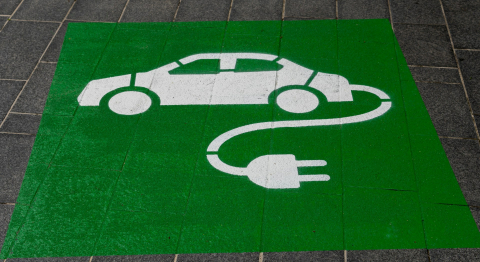
Electric vehicles (EVs) are an important part of our clean energy future in the U.S. and integrating more public EV charging stations into the electric grid so that all Americans can access affordable, reliable, and convenient charges is essential.
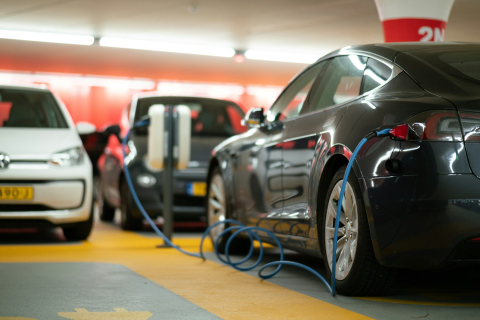
The Biden-Harris Administration set an ambitious goal to build a national network of 500,000 public electric vehicle (EV) charging stations across the country by 2030 to ensure that all Americans can access a convenient, affordable, and reliable charge for their EVs.
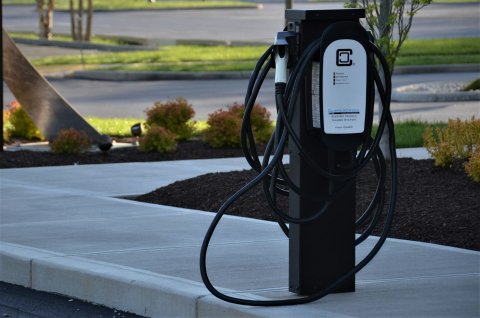
Electric vehicles (EVs) will play an important role in America’s clean energy future.
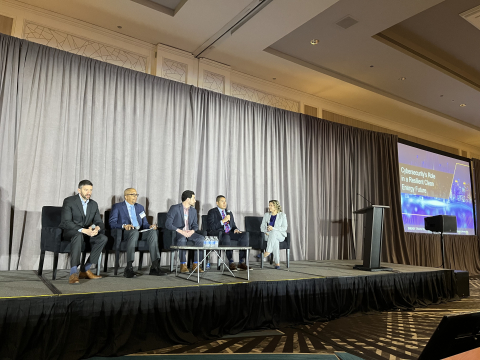
In February, CESER and the U.S. Department of Energy Grid Modernization Initiative (GMI), hosted the inaugural Energy Transition Summit in Arlington, Virginia, bringing together experts from across the energy sector to help establish and strengthen connections between those working in energy security and those focused on the grid of the future.
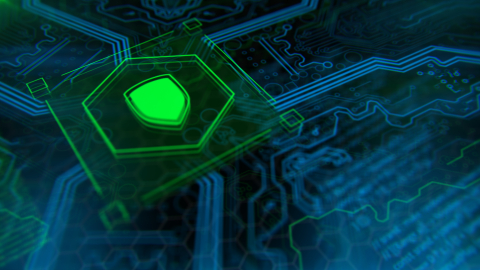
Just two months into 2024, it is abundantly clear that America’s critical infrastructure is facing an unprecedented level of cyber threat.
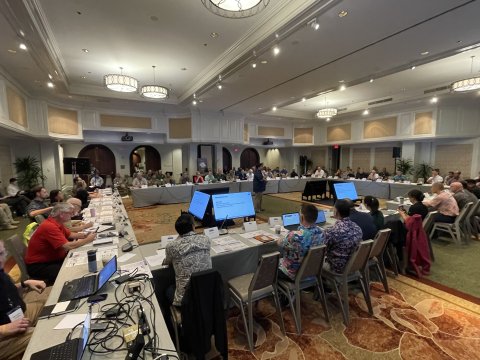
As an island state, Hawai’i is uniquely situated when it comes to strategic preparation for energy emergencies. The “tyranny of time and distance” means supply chain considerations are different in Hawai’i than they are in other parts of the United States.
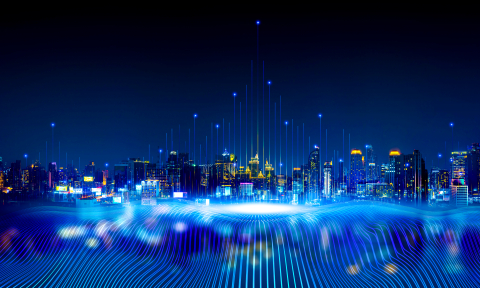
The U.S. Department of Energy (DOE) Grid Modernization Initiative (GMI) and Office of Cybersecurity, Energy Security, and Emergency Response (CESER) are excited to host the Energy Transition Summit: Grid Modernization Initiative and Clean Energy Cybersecurity in Arlington, Virginia, Feb. 5-8, 2024.
Throughout 2023, the Department of Energy’s (DOE) Office of Cybersecurity, Energy Security, and Emergency Response (CESER) stayed agile and relevant towards our vision of a secure, reliable, and resilient energy sector for the American people.
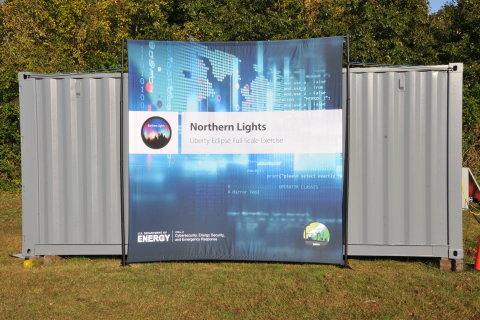
As our energy systems transition to become cleaner and more sustainable, they must remain resilient and secure so they can not only withstand disruptions, but also recover from them without issue.
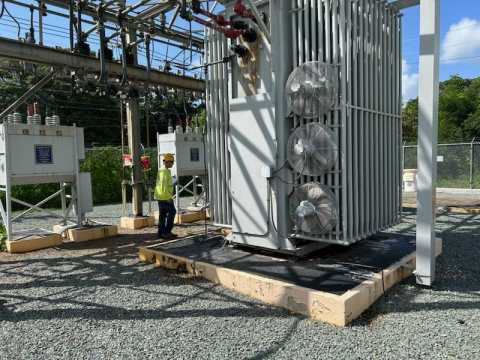
When an emergency strikes, reliable power couldn’t be more important; it allows hospitals to provide urgent healthcare, keeps communities safe and sheltered, and enables communication.

